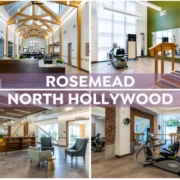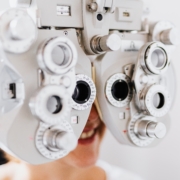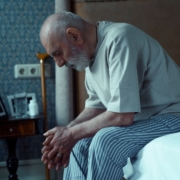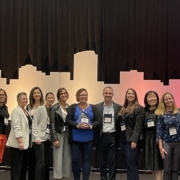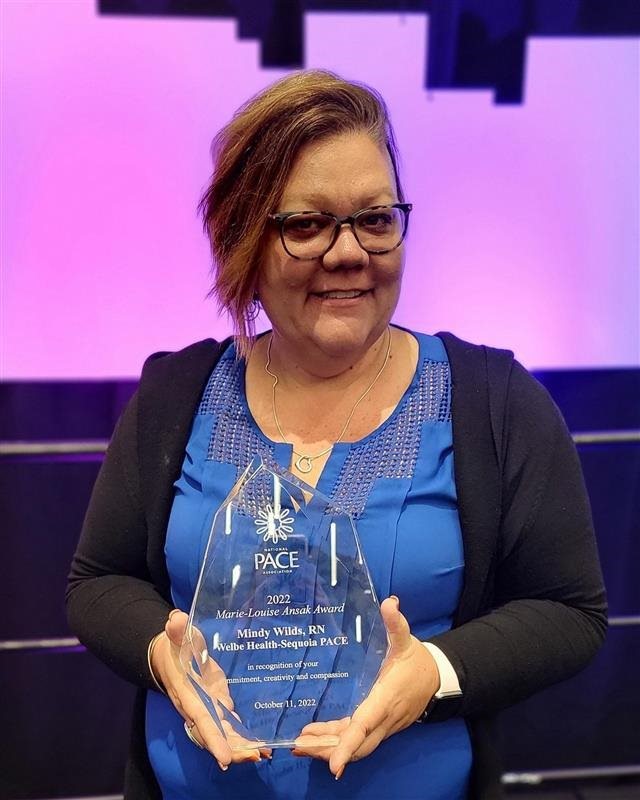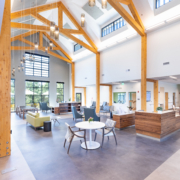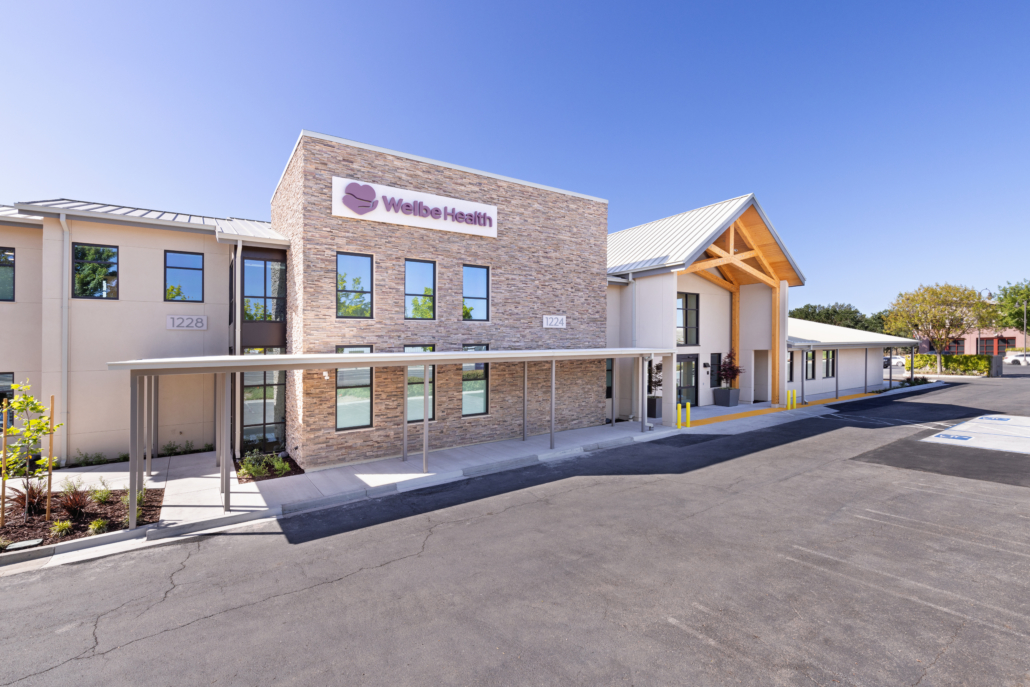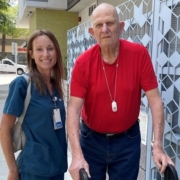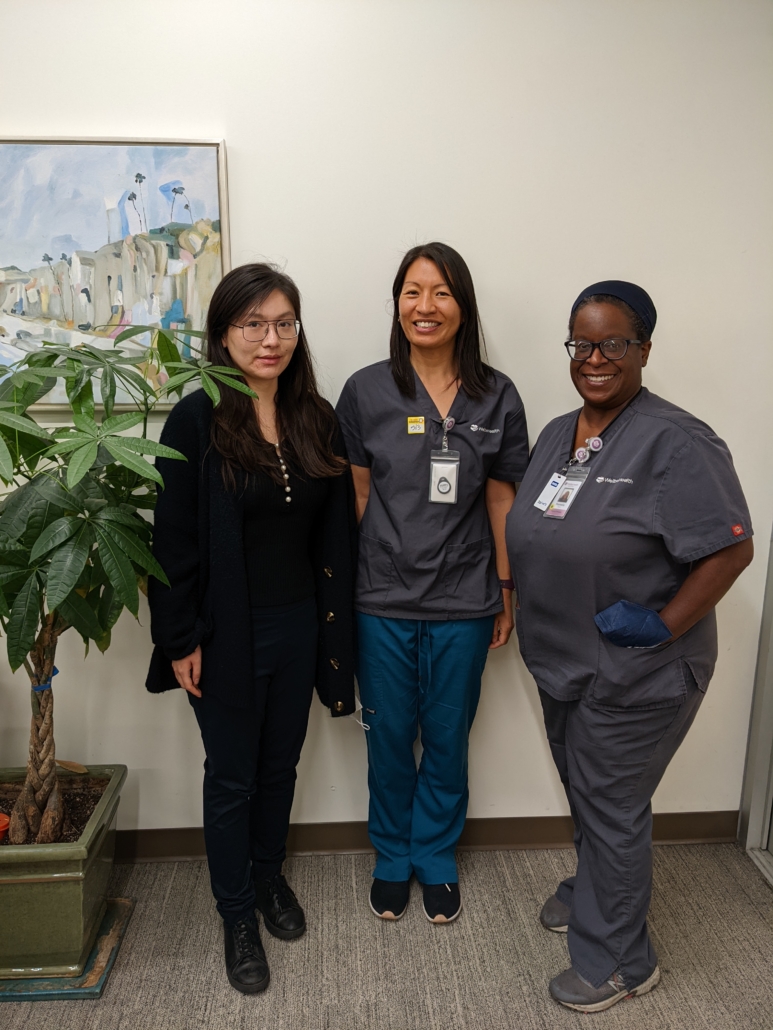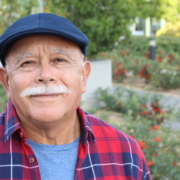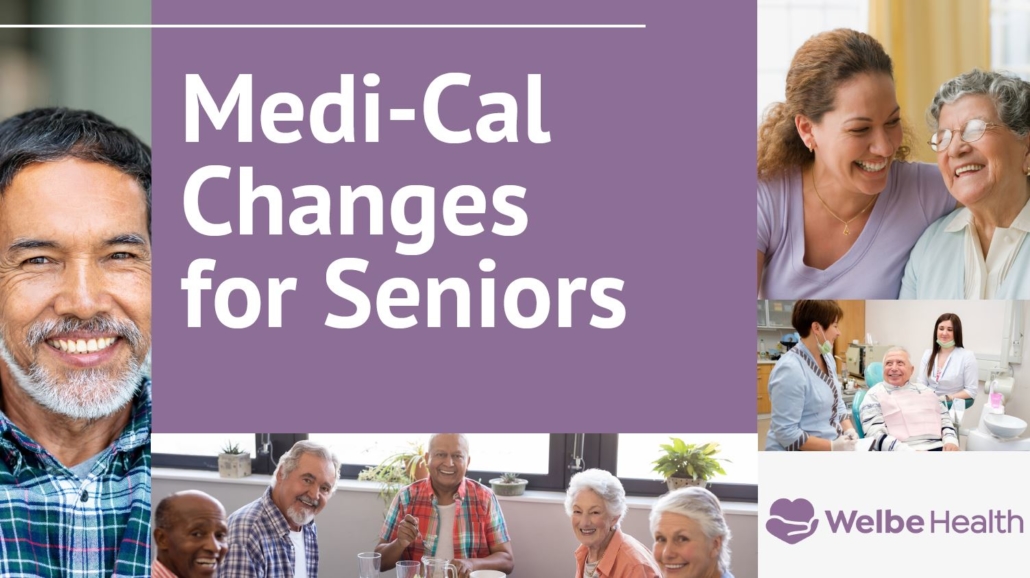WelbeHealth Continues Los Angeles Expansion With Opening of New PACE Centers in Rosemead and North Hollywood
Through the Medicare and Medi-Cal funded Program of All-Inclusive Care for the Elderly (PACE), WelbeHealth delivers fully integrated care that allows seniors to age in place
Both new locations are poised to meet the needs of an aging population across greater metro LA; thousands of residents local to the new centers are over 55 and eligible for PACE
See photos of the new spaces here
Today the physician-led senior health services provider WelbeHealth announced the opening of its Rosemead and North Hollywood locations. The new locations will increase access to care in underserved communities where thousands of lower-income older adults qualify for health care through the Program of All-Inclusive Care for the Elderly (PACE), a national Medicare and Medicaid program that offers seniors access to comprehensive at-home and community-based services.
The expansion marks a greater Los Angeles metro area presence for WelbeHealth, which also operates centers in Long Beach and Pasadena. Both WelbeHealth Rosemead and WelbeHealth North Hollywood will offer spaces for medical and dental care, social recreation, physical and occupational therapy, personal care, meals and nutritional counseling. Transportation and in-home care are also delivered as part of WelbeHealth’s integrated services.
Aligned with WelbeHealth’s commitment to holistic health, the new locations are thoughtfully designed contemporary spaces, inspiring an environment where participants can feel mentally rejuvenated while receiving high-quality medical care. Features like outdoor social spaces, hair salons and laundry rooms offer a respite from loneliness and limited access to personal care that many lower-income older adults experience.
“Welbe’s purpose is to unlock the full potential of the most frail and vulnerable seniors through a model of clinical excellence, comprehensive social services and our courage to love culture, that values every one of our team members, our participants and their families. We see a huge need for services like this in the Rosemead and North Hollywood communities,” said Si France, MD, Founder and CEO at WelbeHealth. “We know that caring for this population has ripple effects throughout their families and their communities, and we’re honored to serve them.”
Both centers are currently enrolling new participants, with services set to begin on July 1.
Over 9,000 seniors are eligible for PACE within a 20-minute drive of the two centers. The surrounding populations are highly diverse, with over half of local seniors primarily speaking a non-English language including Spanish and Chinese. To meet the needs of its participants, WelbeHealth has employed multilingual staff members across many positions. Culturally appropriate meal menus, activities, and other services have been made available to best serve the needs of the local communities.
“California’s population is aging rapidly. We are expanding our presence in Southern California to meet the growing need for specially designed services that allow seniors to thrive in their communities while lowering costs compared to institutional care. Our mission to serve the most vulnerable seniors with better quality and compassion will lift the burden off family members and improve the lives of older adults,” said Vaneesh Soni, MD, Chief Growth Officer at WelbeHealth.
In addition to the new North Hollywood and Rosemead centers, WelbeHealth operates programs across California, including in the cities of Modesto, Stockton, Pasadena, Long Beach and Fresno.
About WelbeHealth
WelbeHealth is a physician-led public benefit company founded in 2015 that provides comprehensive healthcare services for seniors through a fully integrated program that includes all medical and dental care, physical and occupational therapy, transportation to medical appointments, meals and personal care services. WelbeHealth addresses social determinants of health to keep the most vulnerable seniors living safely in their own homes. Services are delivered through the Program of All-Inclusive Care for the Elderly (PACE), a national Medicare and Medicaid program.
For more information, please visit welbehealth.com.
Contact: Ryan Jackson, welbehealth@berlinrosen.com

